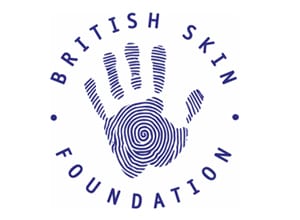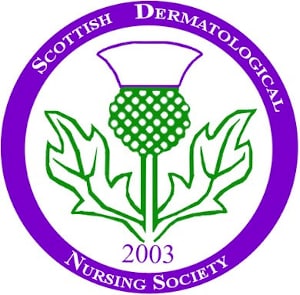WINNER
Skin Cancer Teledermatology Assessment Service, Isle of Wight
by The Lighthouse Clinic
The Isle of Wight has one of the highest rates for skin cancer in the UK and an ageing population, plus overstretched primary care and geographical isolation. Specialist recruitment is an ongoing problem and a solution was needed to address long-term security of locally-provided skin cancer assessment services. The Lighthouse Clinic unit, together with Wessex Academic Health Science Network and Gnosco, a Swedish technology company, worked collaboratively on creating and evaluating a brand new service. High quality digital images, including Dermoscopic ones, are taken in primary care through a mobile app and, using an online platform, assessed remotely for skin cancer.
Judges’ comments:
“This project was implemented just in time to help with the difficulties faced during the COVID pandemic, when an isolated location such as the Isle of Wight may well have struggled significantly. It was well-designed with proven value, well thought out and delivered an exceptional service. The judges were impressed that it was funded from efficiency savings which means it is sustainable.”
COMMENDED
Digitalising Dermatology Referrals
by Leeds Teaching Hospitals
Leeds Teaching Hospitals instituted a new digital dermatology referral system, across three interacting hospital sites. This is the first UK dermatology department to utilise Patient Pass for referrals. The primary purpose was to improve patient care by enabling safe and efficient triage of inpatient dermatology referrals. The service allowed remote review during the COVID-19 pandemic, and increased the skills of registrar dermatologists in teledermatology. It is now a recognised part of the training curriculum, and an essential consultant dermatologist skill. The platform improved patient safety through early recognition of dermatological emergencies, and improved communication between dermatology and other specialties.
Judges’ comments:
“The submission from Leeds Teaching Hospitals was an innovative system used to replace the very antiquated inpatient referral system between specialities. Teledermatology is notoriously difficult to implement well and this submission demonstrated a clear need with a good plan and outcomes.”
FINALIST
Remote Dermatology: Picture the Future of Skin Health
by DermView Dermatology
Public dermatology outpatient departments across Ireland were closed under the COVID-19 restrictions to free up hospital resources. This resulted in the cancellation and delay of thousands of outpatient appointments. Dermview Dermatology offered its technology services to the HSE and was invited to join its Framework agreement for national services. The local hospital’s dermatology patients were moved out of the hospital setting and appointments were carried out in local and regional DermView Clinics across Ireland. Its teledermatology service enabled Consultant Dermatologists to diagnose remotely and safely, with the most urgent cases been seen rapidly.
Judges’ comments:
“The Remote Dermatology project is a great service and intervention during the pandemic which now appears to have been adopted on a permanent basis. It has a good safety profile. It showed a fair account of what was likely a complex and difficult programme to roll out in Ireland, which like all healthcare settings is complex and difficult to navigate.”
FINALIST
Community Teledermatology
by ScreenCancerDermoSight
Around 24% of the population attend their GP for a skin complaint in a year, which generates around 1.3 million referrals for England and Wales, including 500,000 higher risk 2WW cancer cases with low cancer diagnosed conversion (8-12%). Many of these cases can be reassured and discharged, or dealt with in primary care with advice and guidance. Higher priority cases need to be identified and escalated. Teledermatology offers this opportunity, but it also has its limitations. A teledermatology service was in place at a medium sized CCG, but ScreenCancerDermoSight recognised its limitations and wanted to improve it.
Judges’ comments:
“On the whole a worthwhile project with a keen plan to roll out best practice using the NHSX and NIHR routes. Good cross functional collaboration and patient care evidenced in planning and outcomes. The judges liked the idea of repurposing an existing service, which they felt was better than reinventing an entirely new system, particularly as it integrated with existing NHS systems.”







